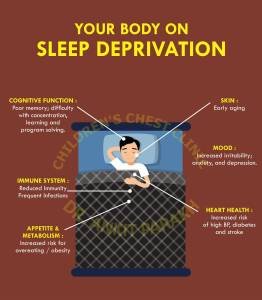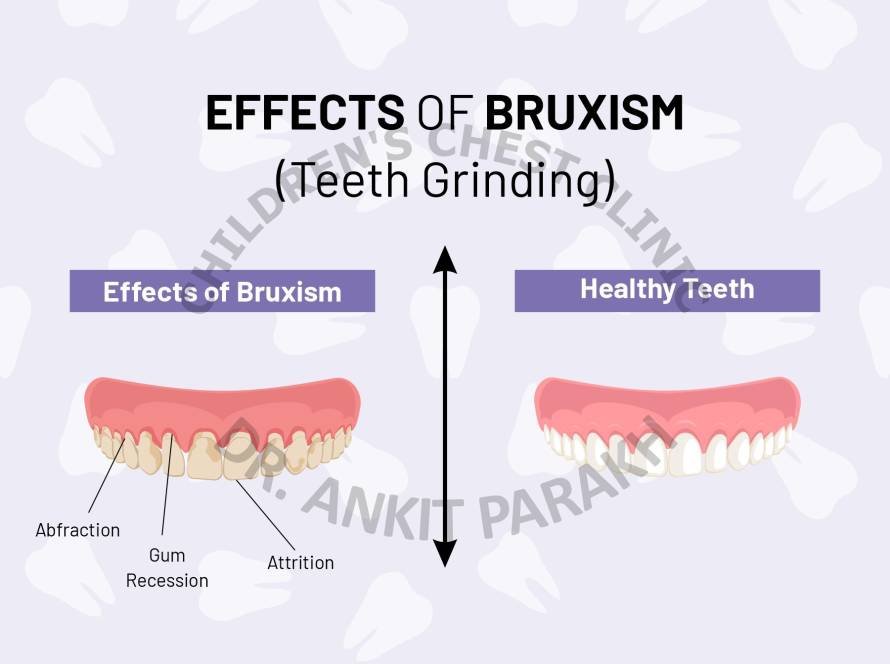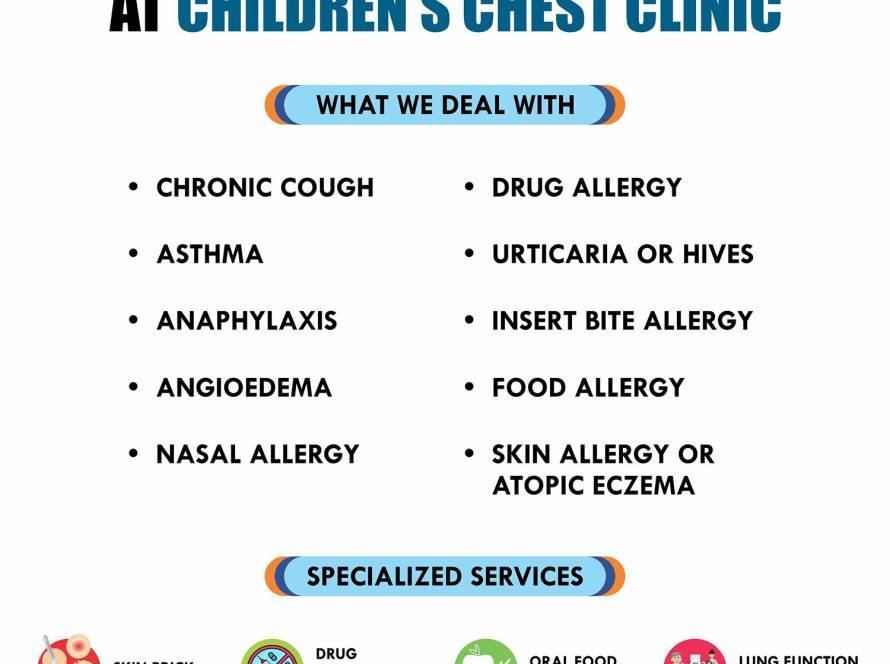Sleep is extremely important for all human beings including children. It is as important as food and water. Children should get sufficient night time sleep. Children who get sufficient sleep should feel refreshed in the morning and should be able to maintain energy throughout the day. Some children do not get adequate sleep. Inadequate sleep also called as sleep deprivation can lead to many adverse health consequences. Inadequate sleep could be secondary to a shorter sleep time or might be related to a poor sleep quality (although the duration of sleep is adequate). In this article we shall discuss inadequate sleep due to a shorter sleep time in children and adolescents.

What is insufficient sleep?
The amount of sleep that is required depends on the age and the individual needs of the child. In general, children require more sleep as compared to adults. The Sleep Health Foundation. Recommends that school going children require 9 to 11 hours of sleep, while teenagers require 8 to 10 hours of sleep. Most adults require 7 to 9 hours of sleep. These are general rules and there can be some individual variations.
What causes insufficient sleep?
There could be many factors which are associated with shorter intervals of sleep in children. Has been mentioned earlier, the quality of sleep, and not just the time duration for which the child sleeps, is equally important. There could be many factors which prevent the child from falling asleep at usual times. The most common reason for sleeping late at night includes studies in higher classes and excessive use of electronic devices. Working in shifts, usually night shifts, could be an important cause of insufficient sleep in young adults.
There could be some medical conditions which may not allow the child to go to sleep at the usual bedtimes. Common conditions could be anxiety and depressive disorders, medical conditions such as eczema or dermatitis, allergic rhinitis or chronic cough or any other medical condition which can disrupt sleep.
Certain sleep disorders, such as obstructive sleep apnea, restless legs syndrome and bruxism can lead to poor quality of sleep. In these conditions the child might sleep for an adequate duration of time, but the quality of sleep is poor and the effects are similar to the child who is deprived of sleep.
What are the health problems associated with insufficient sleep in children?
Sleep deprivation can impact the child’s body in many ways. Insufficient sleep can impact your brain’s functioning in many ways. Children who are sleep deprived tend to be more irritable, fatigued and lethargic. They tend to have a poor concentration and impaired memory. Even short-term sleep deprivation can impair these functions. Children with chronic sleep deprivation tend to have problems with memory formation and consolidation.
Proper night sleep is also related to proper functioning of the human body. Children who have chronic sleep deprivation can have an impact on their cardio metabolic function. Children with chronic sleep deprivation tend to have more obesity, higher cholesterol levels, higher risk of diabetes and raised blood pressure. Long term sleep deprivation in children also negatively impacts the working of our immune system. Children who are chronically sleep deprived tend to be more susceptible to infections.
In case your child is having problems going to sleep, sleep maintenance, night awakenings, excessive daytime sleepiness, snoring and sleep apnea you need to get in touch with a child sleep specialist for proper advice evaluation and treatment.






